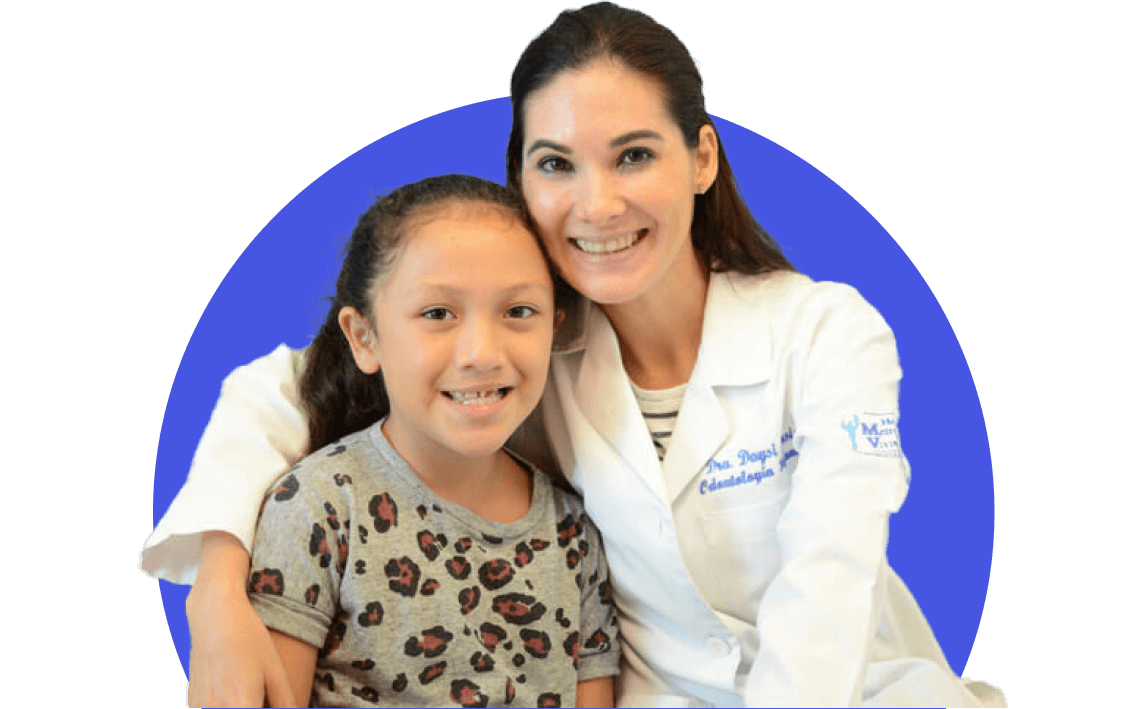- Cleft Home
- What is Cleft Lip and/or Palate?
- Prenatal Diagnosis
- Feeding Your Baby
- What is a Cleft Team?
- Surgery
- Hearing, Speech, and Dental Care
- Paying for Treatment
- Managing Feelings
- Craniofacial Conditions
- Toddlers and Preschoolers
- The School-Aged Years
- The Teenage Years
- Letter to a Teacher
- Information for Adults
- Support Organizations
- Learn More: Downloads
- Cleft Home
- What is Cleft Lip and/or Palate?
- Prenatal Diagnosis
- Feeding Your Baby
- What is a Cleft Team?
- Surgery
- Hearing, Speech, and Dental Care
- Paying for Treatment
- Managing Feelings
- Craniofacial Conditions
- Toddlers and Preschoolers
- The School-Aged Years
- The Teenage Years
- Letter to a Teacher
- Information for Adults
- Support Organizations
- Learn More: Downloads
How can I care for my baby’s gums and teeth?
Proper care of the teeth is important for any child, but it is especially important for children born with clefts, who are prone to dental issues.
The care of your child’s mouth should begin at birth, well before any teeth appear. A damp cloth can be used to clean the gums of young infants after each feeding and at bath time.
As soon as a baby’s first teeth erupt, they need to be cleaned. At first, a caregiver can clean the teeth by wiping the new tooth/teeth with a damp cloth after each feeding. It is important to clean the teeth because there is a form of sugar in milk that can cause tooth decay and cavities. Your pediatric dentist or team orthodontist can show you how to brush your baby’s teeth. You may need to cradle your baby in the crook of your arm, using one hand to hold the head steady and the other to brush the teeth with a soft toothbrush.
When will teeth appear?
The first teeth to appear in the mouth are usually the two lower central incisors (the two front teeth in the center of the lower jaw). These teeth typically come in around six to nine months of age. The upper central incisors follow shortly afterwards, between eight and ten months of age.
By the end of the first year, it is likely that the four central incisors (two upper and two lower) will have come in, as well as two lateral incisors in the upper jaw, two lower canines (also called cuspids), and possibly the lower first molars—for a total of ten teeth. It is common for babies with cleft to have missing teeth.
When should my baby see a dentist?
Babies born with clefts should have their initial dental check-up when their first tooth emerges or by the end of the first year, even if no teeth have erupted. These checkups should take place twice a year or more often if there are problems that require attention. Your dentist will advise you when regular cleaning by a dental hygienist should begin.
How does diet play a role?
Prevention and treatment of cavities is especially important in children with clefts. A cavity is an infection in the tooth that can potentially spread to other areas of your child’s body and can impact cleft surgeries.
Your baby should never go to sleep with a bottle of milk in his or her mouth because this can cause what dental specialists call “bottle caries”. The results can include tooth decay and tooth loss. If you decide to put your baby to bed with a bottle for comfort, be sure to put water in the bottle, never milk or formula.
If your pediatrician recommends you provide your child high-calorie supplements such as Pediasure, remember to clean your child’s mouth afterward to avoid cavities. Also, be sure to rinse your child’s mouth with water after taking oral antibiotics or medications.
No baby should ever be given any type of sweetened drink like soda, pop, or juice, which constitute empty calories and can lead to unhealth dietary habits and dental cavities. Be sure to discuss these issues with your child’s pediatrician and dentist early in life.
Read the ACPA Dental Care fact sheet



